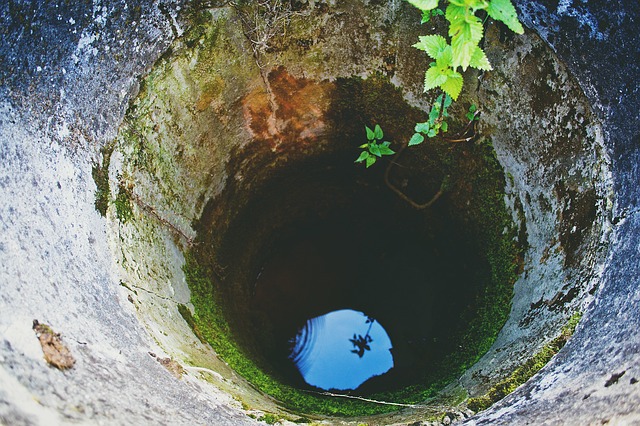The wastewater company will install the system, possibly under the supervision of your site assessor to ensure compliance with the planning conditions as set out in your grant of approval.
A digger will in all likelihood be required, to dig trenches to connect the pipes from the house to the septic tank and to dig a hole for the septic tanks and other treatment systems including the percolation area. Check in advance who is to arrange for the digger and who will operate it. A groundwork contractor is likely to brought on board.
At this stage digging for the rest of the trenches, e.g. for water connection and broadband on your land, will save on bringing them out multiple times.
If you are building a well, there are some elements that will require investing in and administrative processes to abide to. You will need a feasibility study, apply for a licence, get test drilling done, and most crucially, get the well properly built and tested and the pump installed. In ROI the sector is largely unregulated so you will need to do your due diligence to ensure the company you hire builds the well to best practice standards.
In ROI the Environmental Protection Agency Advice Note 14 refers to guidelines form the Institute of Geologists of Ireland. In addition to the need to choose a location far away from contamination, e.g. slurry or septic tank, wellheads must not allow surface water or groundwater to enter it. To ensure this is the case, the well must be cased and grouted to an adequate depth and to minimum standards. The equipment used must also be up to standard.
Thoroughly research this area if you plan to have one in your home, and put in place a maintenance regime to ensure the water quality remains high at all times. Be aware that pollution of groundwater aquifers or springs may have already occurred, so careful testing is imperative.
Your plumber will be involved with connecting the systems to your house; make yourself familiar with how the system works and consider where the addition of lever valves might be useful, i.e. on/off levers to localise control of turning the water on or off. Also check where the stopcock (main water entry on/off point) is located. Introducing recycled water sources for flushing toilets should be considered at this stage, as well as other means of reusing water.
Installing a pump to get good water pressure in the house is an option where mains water is low; at this stage too a water softener may be added to protect washing machines from the build up of limescale.






